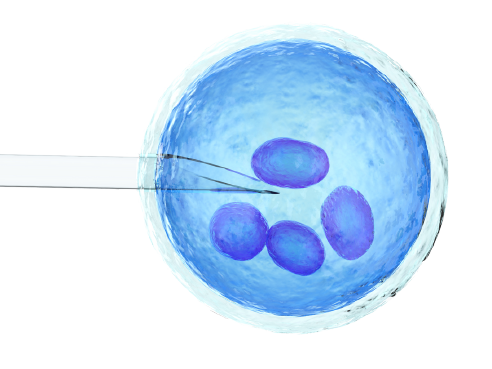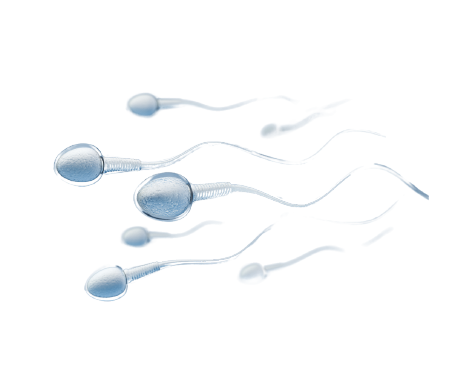Procedures
Infertility is a problem of global proportions that affects an estimated 15% of couples worldwide. At Gynem, we are doing our best to redress the balance through the art and science of assisted reproductive technology (ART). The primary approaches we employ in this quest are in vitro fertilisation (IVF), egg and embryo donation, and social freezing. Learn more below.
-
Price €2,900
-
Price €4,900
-
Price €1,900
-
Price €1,900

Diagnostics
There are many causes of infertility and they affect both men and women. For example, a problem with ovulation can prevent pregnancy, but we often find that there are a number of problems causing infertility.
In 35% of cases there is a problem with fertility on the woman's side, in 35% of cases it’s infertility on the man's side; in 15% of cases it’s a problem on both sides, and in 15% of cases the cause cannot be detected (idiopathic sterility). Since problems conceiving can be the result of a combination of factors in both partners, addressing infertility should always involve the whole couple.
Determining the Causes of Infertility in a Woman
We have several methods available to help us determine the cause of female infertility. Sometimes the cause is easily diagnosed, at other times we have to look at the problem in more detail. The basis for a comprehensive diagnosis of infertility in a woman involves the compilation of: anamnesis - that is, the patient’s entire medical history - a laboratory blood test, an ultrasound examination of the ovaries and uterus and an examination of the patency (openness) of the fallopian tubes. In some cases, these methods are not sufficient and it’s necessary to proceed to more invasive interventions or specialized examinations.
Determining the Causes of Male Infertility

Most Common Causes of Male Infertility
It is usually impossible to discover the specific cause of infertility in men. Fertility problems can be the result of an unhealthy lifestyle or wearing underwear that is too tight and constricting. An unhealthy, polluted environment can also have adverse effects on male fertility, as can genetic and immunological factors.





